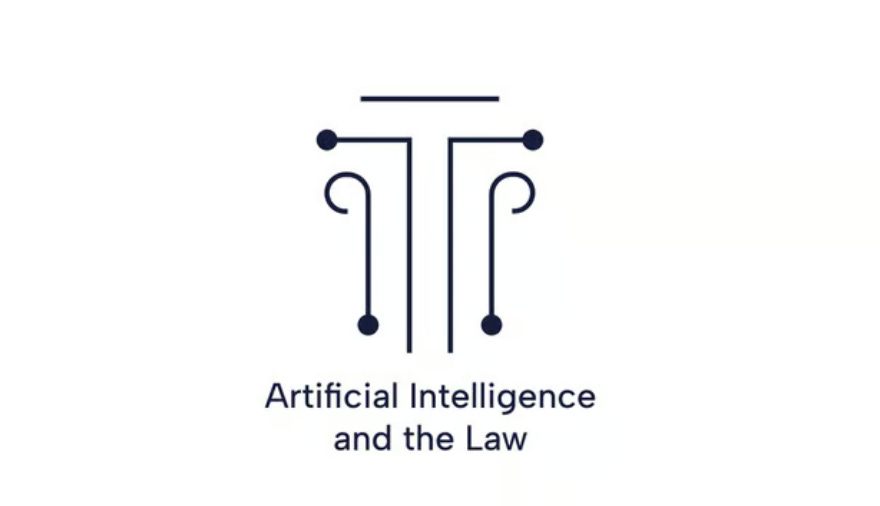The Legal Renaissance: Old Rules, New Tools
A Century-Old Tradition Meets Modern Disruption
The legal profession, long resistant to change, is experiencing a shift due to the rise of artificial intelligence (AI). Traditionally, law has been defined by its conservatism, with practices rooted in manual processes and precedent. While this risk-averse nature has ensured accuracy and compliance, it has also led to inefficiencies, with legal professionals spending vast amounts of time on administrative tasks.
The Conservative Nature of Law
The legal industry's reliance on precedent and manual processes has made it slow to embrace technological advancements. Legal work, particularly in corporate settings, involves extensive documentation and routine administrative tasks. These inefficiencies have led to slower case turnarounds and higher costs.
The Rise of Artificial Intelligence in Law
AI is gradually transforming the legal landscape. Tools powered by machine learning and natural language processing now assist lawyers with tasks like legal research, contract analysis, and case predictions. Generative AI has further advanced this shift, offering capabilities such as drafting legal documents and summarizing case details, thereby saving significant time.
AI in Practice: Current Applications
Platforms like Spotdraft and Luminance are automating contract management, while SmartCounsel.AI, Paxton AI, and Casetext integrate AI into legal research. AI's role is expanding into e-discovery and compliance, making it an essential tool in both litigation and corporate legal departments.
The Barriers to Adoption
Despite the clear benefits, the legal industry has been slow to adopt AI due to concerns about billable hours, accuracy, and ethical considerations. Lawyers fear that automation could reduce billable tasks, and mistakes from AI could lead to serious repercussions.
The Inevitable Transformation: What Lies Ahead
The future of AI in law is one of augmentation, not replacement. AI will handle routine tasks, allowing lawyers to focus on more strategic work. Predictions indicate that by 2027, the global legal tech market could double, making AI an indispensable part of legal practice. Those who embrace AI early will lead the way into this new era of legal innovation.




